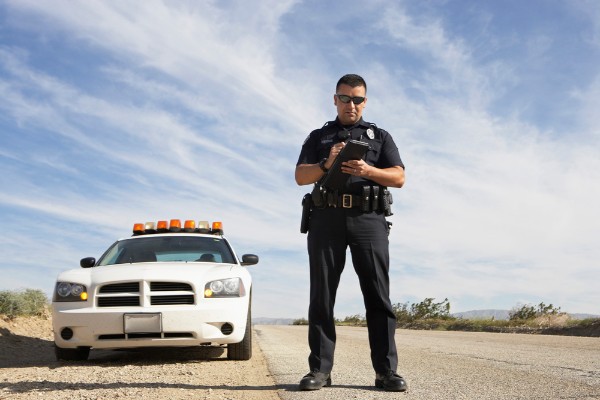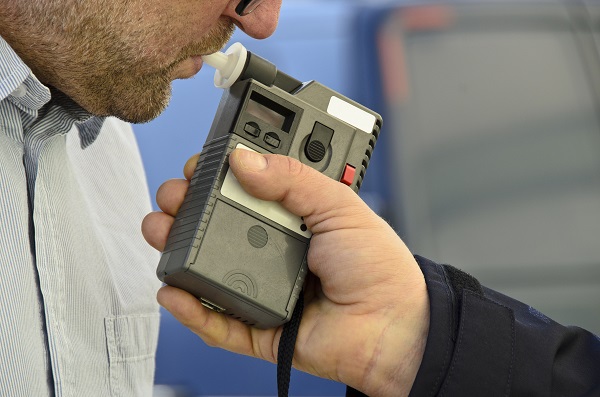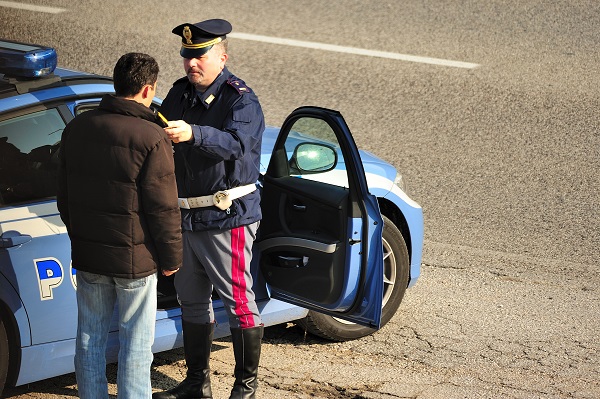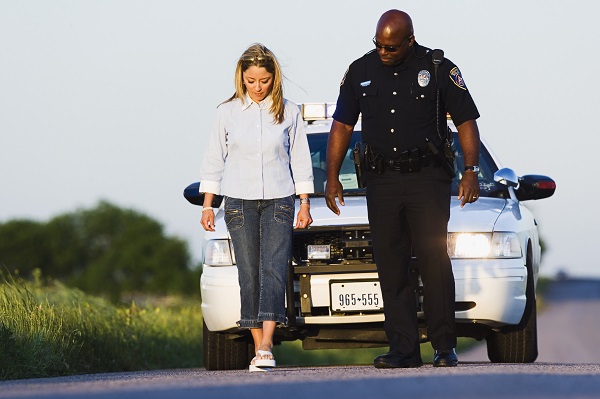What Is a Certified Drug Recognition Expert in Oklahoma?
In Oklahoma, certain law enforcement officers trained as “Certified Drug Recognition Experts” may assess drivers’ impairment at the roadside or the police station. While these “experts” do receive education and information on spotting impaired drivers, there are ways to challenge their expertise in court. What Is a Certified Drug Recognition Expert (DRE)? The state recognizes law enforcement officers who have completed the Drug Evaluation and Classification Program’s (DECP) training as Certified Drug Recognition Experts. This training has specific educational requirements for certification. The International Association of Chiefs of Police (IACP) and the National Highway Traffic Safety Administration (NHTSA) established these requirements. In other...
Continue reading





